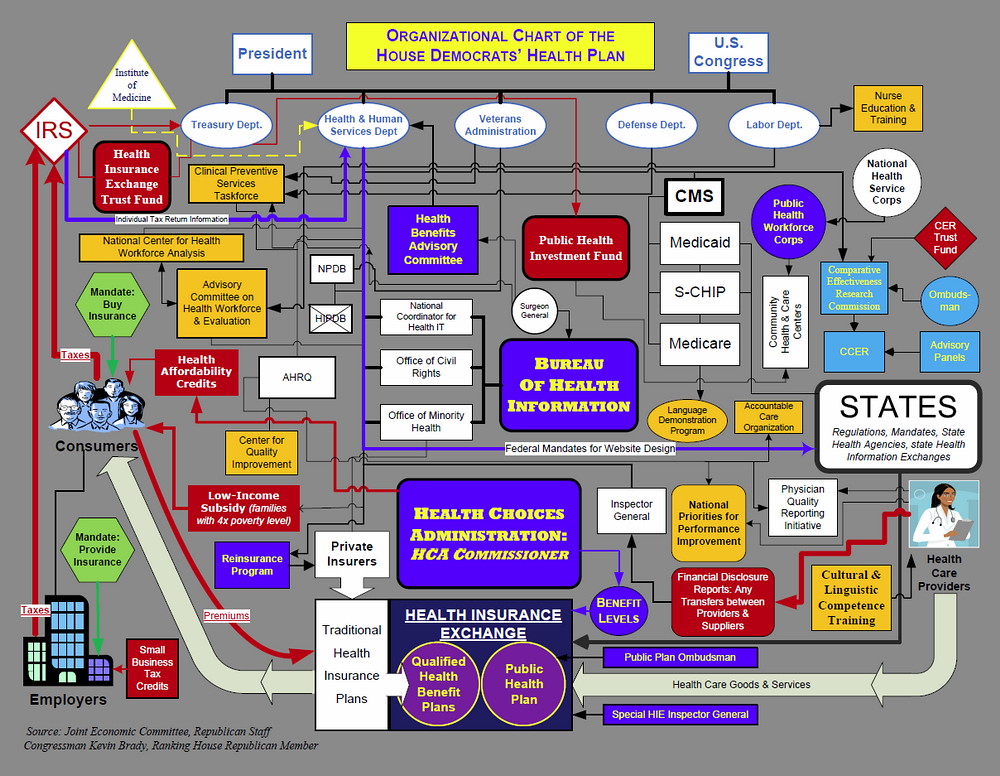Bureaucracy: Turning People into Robots
⸻
“Bureaucracy turns people into stupid robots.”
It’s a harsh observation — but one many of us have felt. How often have you tried to solve a simple issue with a company, a hospital, or a government office, only to be met with rules, forms, and polite but powerless employees who cannot actually help?
It isn’t the people themselves who are “stupid.” Most of them are intelligent, kind, and capable outside of their bureaucratic roles. But the system they work within forces them into patterns where initiative is punished, compassion is inconvenient, and common sense is overridden by procedure.
Endless examples
We all know the feeling:
• Healthcare: filling out five different forms with the same information, only to be told one signature was in the wrong box.
• Taxes: an ever-expanding jungle of regulations, where even professionals struggle to keep up with yearly changes.
• Immigration offices: endless queues, contradictory answers, and documents that expire before the next appointment becomes available.
• Corporate customer service: agents reading from scripts, unable to deviate even when the solution is obvious.
• Elderly care in Sweden: in 2025, the family of 94-year-old Gunnar in Sunne reported that home-care services failed to deliver meals for six days in a row. Staff said they were unaware of the task — a tragic example of how a simple “oversight” in a bureaucratic chain can leave a vulnerable man hungry, confused, and at risk.
And let’s not forget those inside the machine. The poor bureaucrats employed to enforce all this red tape often suffer just as much. Many start with the desire to help people, only to find themselves trapped in rigid job descriptions where their humanity is suppressed. They are measured by compliance, not compassion. Their creativity and common sense are sidelined by “the system.”
And if the system itself makes a mistake? Then the chaos is endless. Culture has reflected this again and again:
• The film Brazil — a single typo mixing up the names Tuttle and Buttle leads to the arrest and death of an innocent family man.
• Kafka’s The Trial — bureaucracy becomes a faceless nightmare where no one knows the rules, and no way out exists.
• Douglas Adams’ Hitchhiker’s Guide to the Galaxy — Douglas Adams brilliantly satirizes bureaucracy on both a small and a cosmic scale. Arthur Dent’s house is scheduled for demolition by British officials to make room for a local motorway. Moments later, the Vogon bureaucrats arrive and demolish the entire planet Earth — also to make way for a motorway, in this case a galactic hyperspace bypass. The parallel shows how bureaucracy, whether petty or planetary, can be absurdly destructive when carried out without humanity or common sense.
These stories are funny, dark, or tragic — but they all point to the same truth: bureaucracy, when left unchecked, becomes absurd, inhuman, and destructive.
The myth of “reducing bureaucracy”
Politicians in every country have promised to cut red tape. They digitize forms, launch “one-stop portals,” or talk about “simplifying procedures.” And yet, somehow, the pile of rules keeps growing.
Why? Because bureaucracy is built on control. Each reform adds another layer meant to fix a flaw in the last one. Instead of removing complexity, the system multiplies it. Digitalization often makes it worse: now you don’t just need the right paper — you also need the right password, code, or app that doesn’t crash.
The result is the same: people acting like robots, following instructions instead of solving problems. And so do the workers themselves, who end up enforcing rules they know are senseless. Both sides — citizen and employee — are dehumanized by the same machinery.
Is there an alternative?
The world of Waking Up imagines a very different approach. In this future, bureaucracy is not replaced by more rules, but by intelligence — human and artificial — working together for the benefit of all. Instead of forms and signatures, advanced systems understand your needs directly and provide what is necessary without obstacles.
Imagine a society where resources are allocated transparently and fairly, not through applications and waiting lists, but through real-time understanding of needs and availability. Where people are empowered to act with compassion and creativity, because the “system” is designed to support human flourishing, not stifle it.
In such a world, no one has to play the role of the robot. Technology serves humanity, not the other way around. Bureaucracy, as we know it, simply disappears.
A new dawn is possible
This isn’t just utopia on paper — it’s the vision explored in Waking Up – A Journey Towards a New Dawn for Humanity. A novel about transformation, healing, and the possibility of building a society where bureaucracy is no longer needed.
Follow Benjamin Michaels as he awakens into a future where healing, cooperation, and human connection replace the cold machinery of bureaucracy.
👉 Step into his discovery of a world without red tape — and imagine how it could change our own.
👉 If you’d like to dive deeper into this future without red tape, order your copy of Waking Up here.
⸻


Leave a Reply